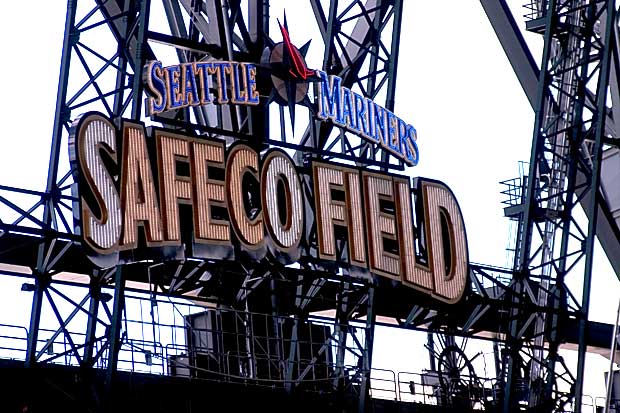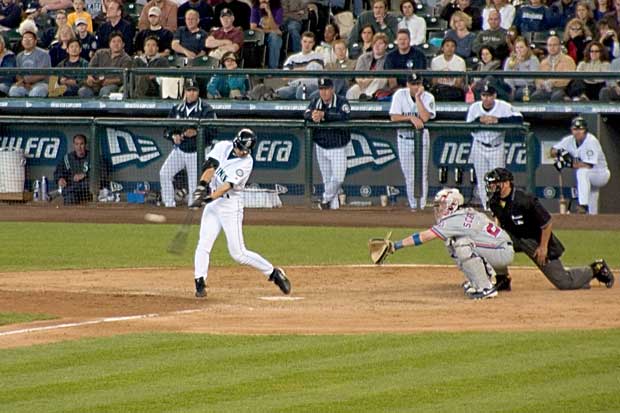The more I read Japanese poetry the more I find myself looking back at Chinese influences in order to understand the underlying ideas. For that reason, recent purchases include not only translations of Basho and Buson, but translations of much earlier Chinese writers like Meng Hao-jan, Cold Mountain and Stonehouse.
Before beginning to read these works, though, I felt a need to go back and review some of the material I covered in my grad classes on Chinese literature. In particular, I felt a need to review the ideas in the Tao Teh Ching, that seminal work of Chinese Taoism. It is a work that nearly stunned me with its radical concepts, at least radical to my western mind, when I first read it twenty years ago, and it still seems almost startlingly new as I re-read it today because it expresses a mindset diametrically opposed to much of what is found in western philosophy.
Although I prefer the poetic presentation of the Tao found in Sebastian de Grazia’s Masters of Chinese Political Thought, I decided to also consider the prose translation offered by Raymond Van Over in Chinese Mystics, because it is, after all, the meaning of the idea behind the words that it is most important.
I still remember being struck by the striking metaphors found in Chapter 11.
Grazia translates it:
Thirty spokes are united around the hub to make the wheel,
But it is on the non-being [the area of the circle] that the utility of the wheel depends.
Clay is molded to form a utensil,
But it is on the non-being [its hollowness] that the utility of the utensil depends.
Doors and windows are cut to make a room,
But it is on the non-being [its empty space] that the utility of the room depends.
Therefore turn being into advantage, and turn non-being into utility.
Van Over translates it:
The Use of What Has no Substantive Existence
The thirty spokes unite in the one nave; but it is on the empty space (for the axle), that the use of the wheel depends. Clay is fashioned into vessels; but it is on their empty hollowness, that their use depends. The doors and windows are cut out (from the walls) to form an apartment; but it is on the empty space (within), that it’s use depends. Therefore, what has a (positive) existence serves for profitable adaptation, and what has not that for (actual) usefulness.
In one sense, at least, this made perfect sense to me because when it comes to architecture it always seemed to me that in the best work “form followed function.” The best design is the simplest design that effectively fulfills the object’s function. Eliminate the clutter and you have Shaker or Danish modern furniture, personal favorites.
That may also explain why my favorite cooking utensils are still an old-fashioned carbon-steel Chinese wok, without a non-stick surface, thank you, and a simple carbon steel, medium-weight cleaver that is carefully honed before each use.
On a more important level, of course, such lines establish the philosophical basis for meditation, a form of non-thinking generally neglected or rejected in the Western world. After all, what could be a greater waste of time than sitting around thinking about nothing? If you’re going to be wasting time, you at least need to be out and about doing something, spending money on a hyperactive video game (which I, unfortunately, do happen to be fond of) or, better yet, roaring across the water on the latest, greatest version of a Skidoo, which, perhaps, irony of ironies, generally seems to be a product of the Far-East rather than the West.
Too often even when meditation is endorsed, it is endorsed because it refreshes the individual enabling him to think more clearly and accomplish more in the future. The ultimate goal still remains to “get things done.”
What would happen if we turned the western world on end and argued that the greatest value of having money is simply to allow the individual time to meditate, to allow the individual to escape worry long enough to find the inner silence that is at the heart of true wisdom? Perhaps the greatest value of money isn’t the ability to acquire things, but, instead, to free man from the need to acquire things, to allow the individual to simply “be” free.


